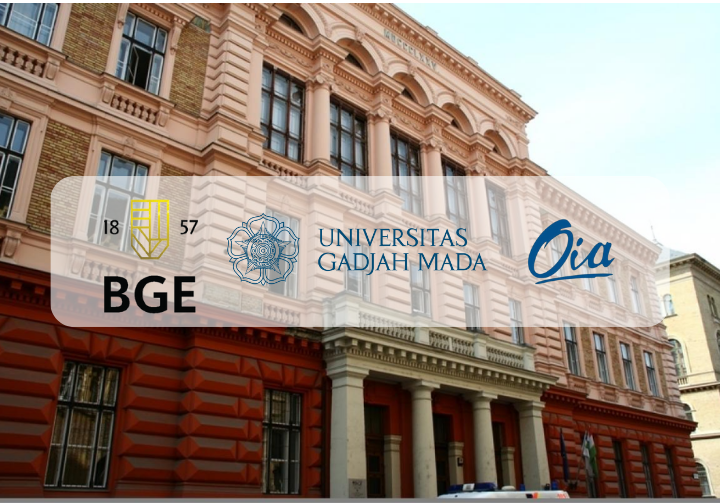
DECIPHERING THE COMPLEXITIES: UNPUZZLING POLITICAL, ECONOMIC, CULTURAL, AND SECURITY DYNAMICS IN SOUTHEAST ASIAN REGIONALIZATION
There were allegedly optimistic prospects of the post-Covid-19 pandemic recovery. During the
pandemic, humanity faced many uncertainties such as disrupted global production and supply chains,
food (in)security, global economic recession followed by high inflation, and humanity, once again stands
perplexed in front of the new “un-knowns”. The list of which in the current moment is reinforced by the
Ukrainian crises and Palestinian-Israeli war. Nevertheless, even in this convoluted situation, there are
many indications that Southeast Asia remains a strategically important region when it comes to the
endurance of the global geopolitical order, representativeness of the global governance and securing
global security and development.
The picturesque landscapes of the Southeast Asian region, rising social awareness of the importance of
digitalization, vibrant civilizational and bamboozled political relations followed by territorial disputes as
a mixture of historical heritage and overlapping strategic needs, closely intertwined trading and financial
relations including labor migrations for new business opportunities and labor rights protection represent
the features that define Southeast Asian region as the unique part of the globe. However, the leaders of
the Southeast Asian states, by establishing on August 8, 1967, in Bangkok, the Association of the
Southeast Asian Nations (ASEAN) instead of securitization, used the abovementioned complexity to
make their partnerships more predictable and transparent. As years passed by, the ASEAN has been
institutionalizing its power and promoting the Asian view of multilateralism and regionalism based on
diversity, confluence, and coexistence rather than on the one size fits all approach. Thus, in 1994, ASEAN
established wider trans-regional cooperation known as the ASEAN Regional Forum (ARF) and in 1999,
ASEAN institutionalized its relations with China, Japan and Republic of Korea which resulted in
establishing the ASEAN plus Three (APT) platform of cooperation.
However, the clout of (geo)political, cultural, security and (geo)economic influence of these three
countries in the vicinity of the Southeast Asian region should not be considered only through the lens of
the APT, but also through the lens of their strategies and transforming initiatives of obtaining food
security, energy security, cyber security, as well as countering the non-traditional security threats and
perception of the USA Indo-Pacific strategy. Thus, both intra and trans-regional cooperation of the
Southeast Asian region is vivid, and the decisions made in this region tackle the whole world.
The goal of the OBIC Conference is to provide scholars and professionals with an excellent opportunity
to exchange their views and share experiences in this broad field. PhD candidates are also welcome to
present their most recent research in a separate panel.
Since Budapest Business University (BBU) focuses on applied sciences in its research agenda, the OBIC
Conference would mainly invite papers focusing on the following topics – in relation to Asia – and
arrange the panels according to them.
Suggested topics and panel themes:
• Economic and political integration of the Southeast Asian region
• Security dynamics and geopolitical order of the Southeast Asian region
• The role of the ASEAN in global governance
• ASEAN, ASEAN plus Three, and USA Indo-Pacific
• Migration
• Digitalization and innovation
• Entrepreneurship and business environment of the Southeast Asian region
• Energy security and the Southeast Asian region
• Discursive power of the Southeast Asian region
Important dates:
• Abstract submission: February 1, 2024
• Notification of accepted papers: February 10, 2024
• Full paper submission: May 20, 2024
• Preliminary program: April 12, 2024
• Conference date: May 10, 2024
• Conference location: Budapest, Hungary
• Organizer: Budapest Business University, Oriental Business and Innovation Center (OBIC)
Registration with the submission of the abstract shall be done at the following link:
https://www.obic-bbs.hu/en/abstract-submission-obic2024/
For presenters, OBIC offers publication opportunity in its OBIC Book Series. For more, see the details on the
website.
In case of any questions or inquiries, please feel free to contact us at obic@uni-bge.hu!
Further information on OBIC Conference 2024 is available on the official OBIC website:
https://www.obic-bbs.hu/en/obic-conference-2024/

Recent Comments